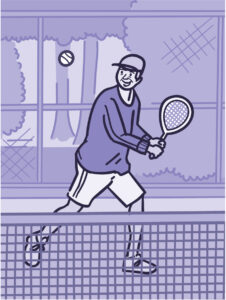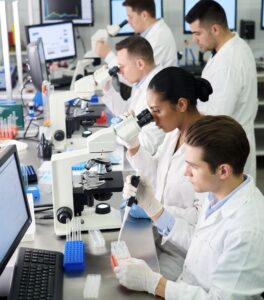Inhalants
- Household and workplace products contain chemicals with psychoactive properties when inhaled
- Rapidly absorbed and reach CNS quickly
- Most are depressants
- Long-term use can result in brain damage
Cannabis
- THC (tetrahydrocannabinol) a key ingredient in cannabis causes psychoactive effects
- Low to moderate doses produce alcohol-like effects
- Long-term use has cardiopulmonary and mental health effects
- Legalization for medical and recreational use is controversial
- Medical uses
- Nausea and vomiting from chemotherapy
- Appetite stimulant in AIDS patients
- Illegal synthetic THC derivatives
- Unpredictable effects
- More toxic
- Medical uses
- Toxicity
- Causes:
- Acute psychotic episodes
- Tachycardia, hypertension, dysrhythmias, MI (myocardial infarction)
- Panic and flashbacks
- Care includes quiet environment and benzodiazepines
- Causes:
- Withdrawal
- Heavy cannabis use
- Irritability, anxiety, anorexia, chills, disturbed sleep, fever, tremors
- Peaks about 48 hours after cessation
- Lasts 3-4 days
- No drug therapy is effective
Caffeine
- Most widely used psychoactive substance in the world
- Weak stimulant
- Increases wakefulness
- Facilitate motor activity
- Treat headaches
- Toxicity
- Cause cardiac dysrhythmias
- Hypertension
- Disturbed sleep
- Seizures, and anxiety.
- Dependence
- Muscle pain or stiffness,
- Drowsiness, irritability, and headaches after general anesthesia




